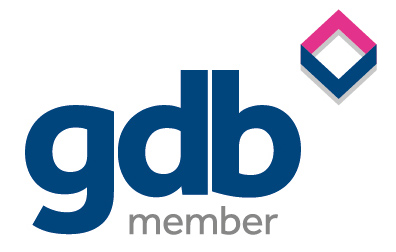Harvey John
Unit 2 Ferry Wharf
Hove Enterprise Centre
Basin Road North
Portslade, East Sussex
BN41 1BD
For those opting for a career in personal tax, the dilemma between choosing a Big 4 or Mid Tier firm can be difficult.
Despite our innate belief that a larger company means better career opportunities, this isn’t necessarily the case, especially in today’s market.
When it comes to corporate tax, the Big 4 typically win the largest clients due to their extensive teams, but arguably an individual is less likely to require such a team to help them with their specific affairs.
Consequently, mid-tier firms win a great deal of personal tax work, challenging the assumption that the Big 4 are both the logical and obvious choice. This muddies the waters doesn’t it?
Right now, you might be considering your options. So here’s a handy pro’s & con’s list that will help you decide if it will be Big 4 or Mid Tier.
Big 4 Pro’s
- Access a wide range of clients, from Director’s of large multinationals, high net worth individuals and wealthy non-doms
- Greater opportunity for specialist work, leading you down the advisory route
- Working as part of a firm with a strong reputation and brand, helping you with both networking and business development
- Training opportunities and resources will be endless
- Opportunities for international assignments and internal secondments
- Mapped out career progression, with noticeably higher pay at the senior end (Director+)
- Flexibility with remote working and working from different office locations
- Enhanced benefits package, including full study support for relevant qualifications
Big 4 Con’s
- Competitive working environment (this is probably felt even more when climbing the ladder)
- There is an expectation to get through qualifications quickly and multiple failures may not be tolerated.
- Long working hours and potentially higher workloads
- Limited opportunity for client interaction and responsibility
- Some may feel lost in the corporate structures of a large team
- Longer working hours and potentially high workloads
Mid Tier Pro’s
- Greater opportunities for client interaction and responsibility
- Access to high-profile clients who prefer the privacy/lower profile of a smaller firm
- Flexible working hours and potentially a better work-life balance
- Less pressure to specialise in a particular area of personal tax
- The opportunity to work in a close team with opportunity for mentorship
- You can take qualifications at a pace that suits you
Mid Tier Con’s
- Training can often be less structured and more ad hoc/need based
- Many mid-tiers will have less geographical locations than a Big 4 firm, so there’s less flexibility on where you can work from
- Career progression could feel slower for some as it is more merit based
- Advisory work can be harder to find for junior level employees
- Benefits package can be slightly leaner (e.g. a few less study days per year)
Obviously, pro’s and con’s lists are subjective, so my hope is that this gives you a rough guide when weighing up your options.
Ultimately, the choice you make will be dependent on your career goals, your values and general job preferences.
Decisions like this are never easy, but to make the best one, make sure you get a true sense of both company and team culture. Your recruiter should always be on hand to paint the picture for you, but it’s always worth doing your own research and asking questions when you interview
Author

Prior to joining the recruitment industry, Ewa had a career in real estate in New York City & London. She prides herself on working closely with clients and candidates to help them to find the best match for their requirements and career objectives.
Ewa is happy to converse in English, German, Italian as well as her native Polish.






